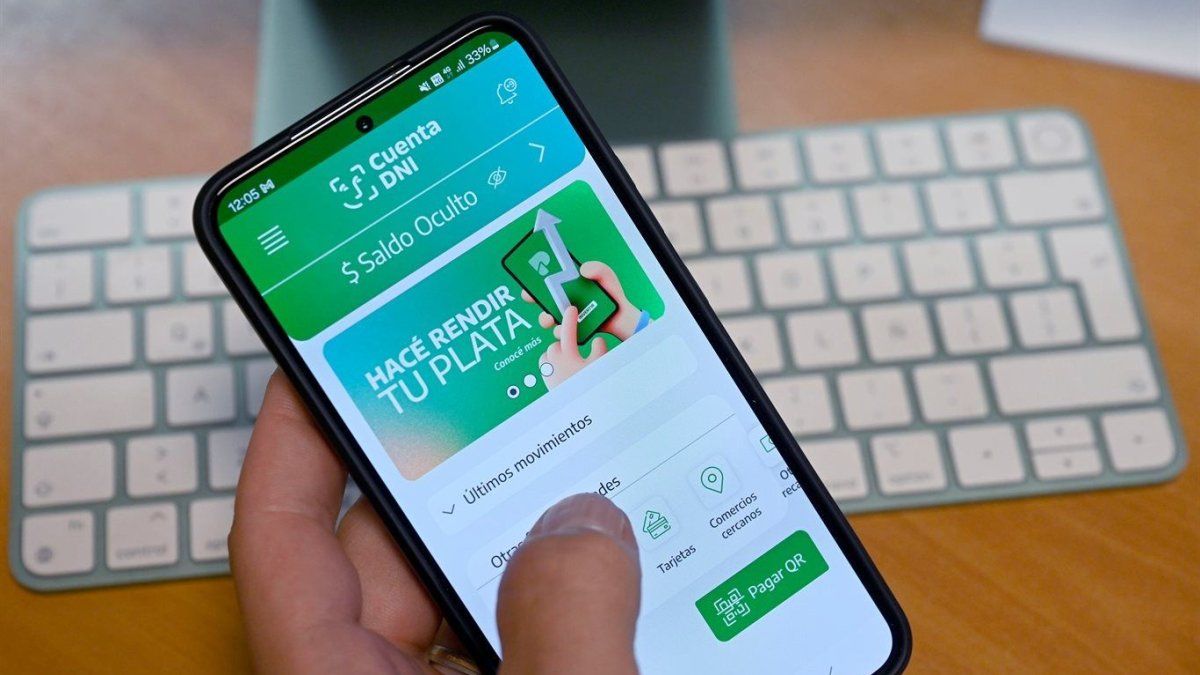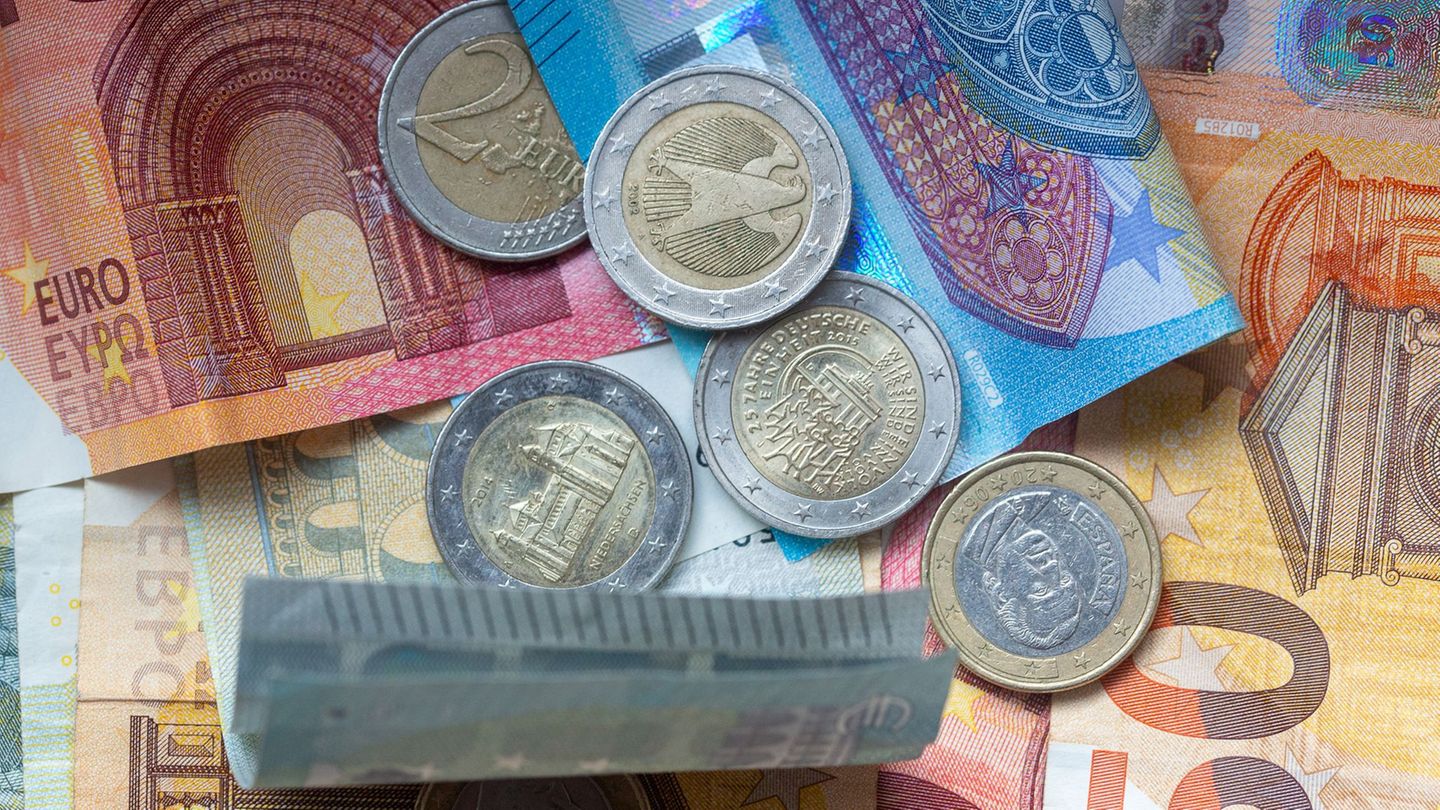After US election
EU wants to prevent economic war with USA under Trump
Copy the current link
With Donald Trump at the helm of the USA, the relationship between the states and Europe will change. Can a major trade conflict be averted? The EU is looking for solutions – and money.
The EU is preparing for difficult cooperation with future President Donald Trump after the US election. “The top priority must be to avoid an economic war,” said Austrian Chancellor Karl Nehammer on the sidelines of a summit with his counterparts in Budapest. Negotiations must be clear; rules and mutual incentives are needed to allow investments.
The meeting of the heads of state was therefore about how the competitiveness of European companies can be strengthened, especially against competition from China and the USA. From an EU perspective, both countries give their companies advantages with high subsidies, so that Europe is left behind. The prospect of Trump as the new US president increases the urgency of the debate.
In a statement after the summit, the heads of state and government called, among other things, on the European Commission to present a comprehensive strategy to deepen the European internal market by June. This should therefore be the main driving force for innovation, investment, convergence, growth, connectivity and economic resilience. They are also pushing for progress in defense preparedness.
“The relationship between Europe and the USA will change significantly”
The basis for the debate was an analysis of Europe’s competitiveness by the former head of the European Central Bank, Mario Draghi. Above all, this shows a great need for investment. Draghi said in Budapest that there is no doubt that the Trump presidency will significantly change relations between the United States and Europe. Europe has been trying to find a consensus for too long and can no longer postpone decisions.
During the election campaign, Trump announced that he wanted to introduce new tariffs of 10 to 20 percent on imports. For Chinese goods they should even be 60 percent. In doing so, he wants to strengthen the USA as a production location and reduce the current trade deficit.
Several economists recently warned that a Trump return to the White House would likely have a negative impact on growth in Europe. Things could be particularly tough for the German auto industry and its suppliers, for which the USA, along with China, is the most important sales market outside the EU.
Luxembourg’s head of government Luc Frieden said in Budapest that we would first have to wait and see what Trump would do. But we will discuss things with America on an equal footing. “We are for fair and free trade. Tariffs are not the best way to achieve that, but if someone introduces something, you have to react.” His Italian counterpart Giorgia Meloni said it was not about what the US could do, but what Europe could do for itself.
According to Chancellor Olaf Scholz (SPD), the discussions on competitiveness are of “utmost importance”. You have to be “at the forefront” when it comes to innovations, he said in Budapest.
After the meeting, EU Commission President Ursula von der Leyen said that, among other things, the EU excels in groundbreaking research. “But there is a deficit in translating the research results into a product and in scaling the product on the market in the European Union.” The priority must be to simplify and accelerate processes.
It is controversial where the necessary money will come from so that Europe can compete with the USA and China. Both public and private resources must be mobilized, said the closing statement of the meeting. “We are determined to examine and use all instruments and tools,” wrote the heads of state and government.
This means that the option of taking on new joint debt remains on the table. Germany has so far taken a clear position against it, while other countries are in favor of it. So far, the EU has only taken on such funds on a large scale for the multi-billion dollar Corona recovery fund.
The top politicians agree that the European Investment Bank and the long-term budget of the international community should play an important role. In addition, work should be carried out towards the introduction of new own funds. This could be, for example, a new tax on crypto currencies.
In order to mobilize more private money, the heads of state and government are also insisting on “urgent progress” in the planned integration of the European capital markets.
Work should also be done on a savings and investment union. “A large part of the savings is not used for valuable investments, but is in the bank or in cash,” said von der Leyen. With a more favorable environment for investments, they could flow into and be used in a deep and liquid capital market, Deutsche continued.
A recent report said that there are 33 trillion euros in private savings in the EU – mostly in cash and deposits. Every year, around 300 billion euros in savings of European citizens are diverted abroad, especially to the USA.
dpa
Source: Stern
I have been working in the news industry for over 6 years, first as a reporter and now as an editor. I have covered politics extensively, and my work has appeared in major newspapers and online news outlets around the world. In addition to my writing, I also contribute regularly to 24 Hours World.




